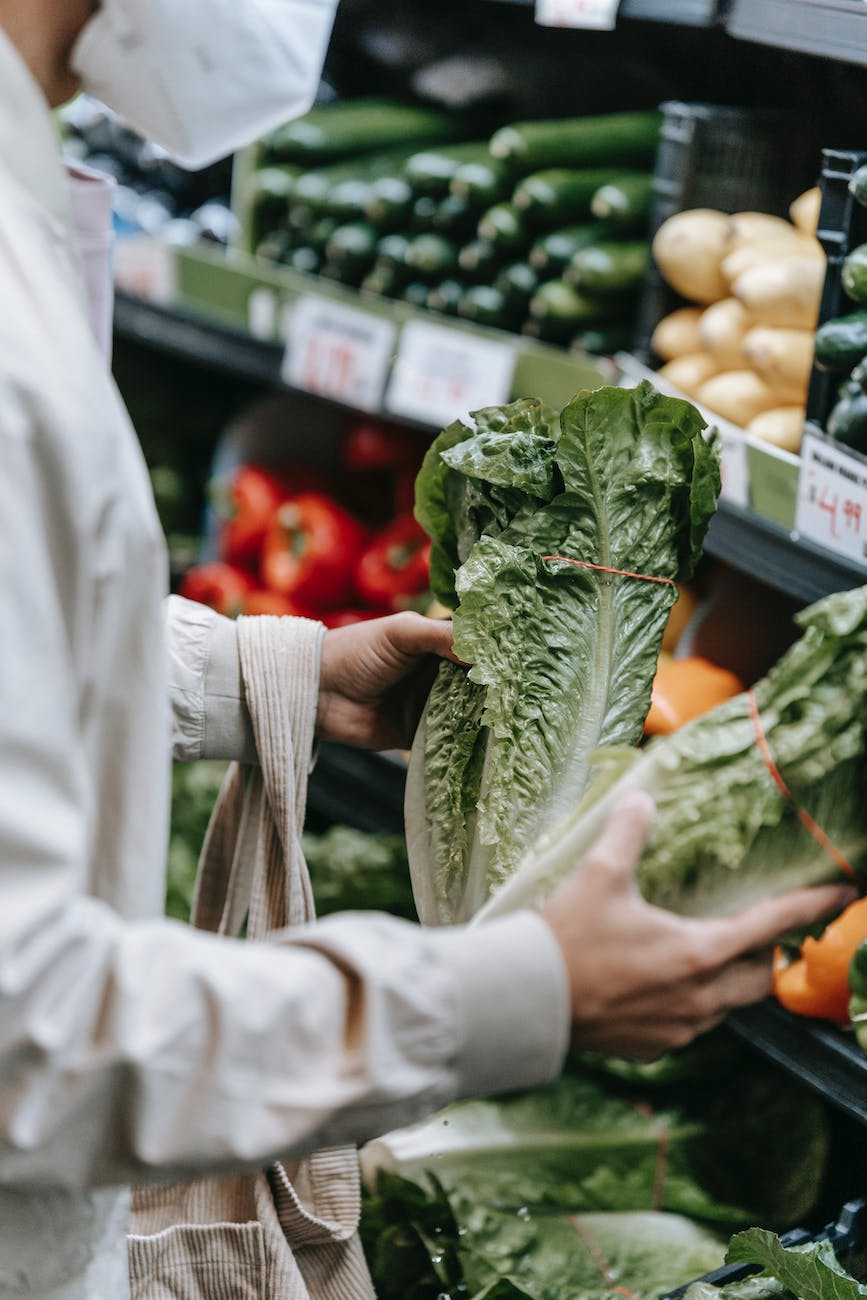
Introduction
Food Safety Officer Qualification : Food safety is of utmost importance in ensuring that the food we consume is safe and free from contamination. Foodborne illnesses can have severe consequences on public health, and that’s where food safety officers play a crucial role. In this article, we will explore the qualifications and requirements to become a food safety officer and the essential tasks they perform to maintain high food safety standards.
What is a Food Safety Officer?
A food safety officer is a professional responsible for monitoring and enforcing food safety regulations within various food establishments. Their primary objective is to protect consumers from health risks associated with unsafe or unhygienic food practices. These officers work closely with government agencies, food manufacturers, restaurants, and other food-related businesses to ensure compliance with food safety laws and regulations.
Importance of Food Safety Officers
Food safety officers play a vital role in safeguarding public health. By inspecting and monitoring food establishments, they prevent outbreaks of foodborne illnesses, food poisoning, and contamination incidents. Their efforts contribute to maintaining a safe and healthy food supply chain, instilling consumer confidence, and upholding the reputation of the food industry.
Food Safety Officer Qualifications and Education Requirements
Becoming a food safety officer requires a specific set of qualifications and educational background to ensure competency in this critical role.
4.1. Educational Background
Most food safety officers hold a degree in food science, food technology, microbiology, or a related field. The education provided in these disciplines equips individuals with the necessary knowledge of food safety principles, microbiological hazards, and food processing techniques.
4.2. Training and Certifications
In addition to a relevant degree, aspiring food safety officers often undergo specialized training programs and attain certifications in food safety management systems, risk assessment, and auditing. These certifications enhance their expertise and credibility in the field.
Key Skills and Competencies
Apart from formal education and training, food safety officers need to possess specific skills and competencies to excel in their roles.
5.1. Knowledge of Food Safety Regulations
A thorough understanding of food safety regulations and guidelines is crucial for food safety officers. They need to keep themselves updated with the latest changes in laws to ensure compliance.
5.2. Inspection and Auditing Skills
Food safety officers must be skilled in conducting inspections and audits of food establishments. Attention to detail and the ability to identify potential hazards are essential in this aspect of their work.
5.3. Communication Skills
Effective communication is key for food safety officers as they interact with various stakeholders, including business owners, employees, and the public. Clear communication ensures that everyone understands and follows the necessary safety measures.
5.4. Problem-Solving Abilities
In the face of challenges and non-compliance, food safety officers need to demonstrate strong problem-solving skills. They should be able to devise practical solutions to rectify issues promptly.
Duties and Responsibilities
Food safety officers carry out a range of responsibilities to uphold food safety standards and protect consumers.
6.1. Ensuring Compliance with Food Safety Standards
One of the primary duties of food safety officers is to ensure that food establishments comply with the relevant safety standards and regulations.
6.2. Conducting Inspections and Investigations
Food safety officers conduct regular inspections of food premises to assess their adherence to hygiene and safety practices. They also investigate complaints related to food safety and take appropriate actions when violations are found.
6.3. Implementing Safety Measures
To prevent potential hazards, food safety officers may suggest or mandate safety measures for food establishments, such as implementing proper food handling procedures or improving sanitation practices.
6.4. Training Staff on Food Safety Practices
Food safety officers may conduct training sessions for food handlers and employees, educating them about best practices to ensure food safety.
Career Opportunities and Advancement
Qualified food safety officers have various career opportunities in government agencies, regulatory bodies, food manufacturing companies, and consulting firms. With experience and additional certifications, they can advance to supervisory or managerial positions in food safety.
Challenges Faced by Food Safety Officers
Food safety officers encounter several challenges in their line of work. These include resistance from business owners to implement safety measures, handling non-compliance issues, and staying updated with the dynamic nature of food safety regulations.
The Future of Food Safety Officers
As the importance of food safety continues to grow, the demand for qualified food safety officers is expected to rise. Advancements in technology and increased awareness about food safety will likely shape the future role of food safety officers, making their expertise even more critical.
Conclusion
Food safety officers are unsung heroes who work tirelessly to protect the public from potential health hazards associated with food consumption. Their qualifications, skills, and dedication are vital in maintaining the highest food safety standards across the industry. Aspiring food safety officers should pursue relevant education, training, and certifications to embark on a rewarding and impactful career in this field.
FAQs
11.1. What are the qualifications to become a food safety officer?
To become a food safety officer, individuals typically need a degree in food science, food technology, microbiology, or a related field.
11.2. Can I become a food safety officer without a degree in food science?
While a degree in food science or a related field is the most common path, some regulatory agencies may accept candidates with alternative qualifications and relevant experience.
11.3. Are there any certifications required for a food safety officer?
Yes, certifications in food safety management systems, risk assessment, and auditing are often required or preferred by employers to demonstrate expertise in the field.
11.4. Is experience in the food industry necessary to become a food safety officer?
While prior experience in the food industry can be beneficial, it is not always a strict requirement. Relevant education, training, and certifications are usually more critical factors.
























